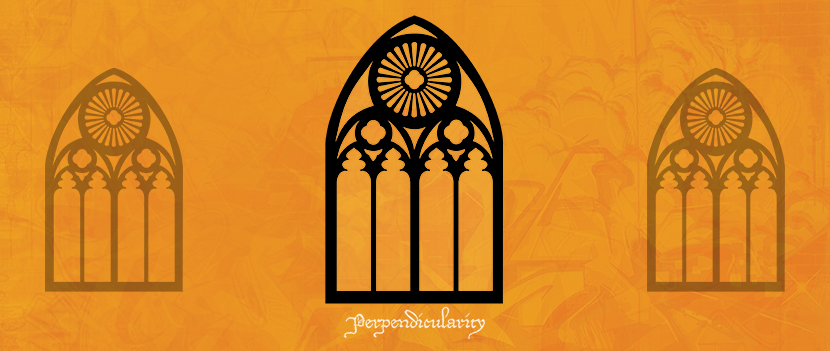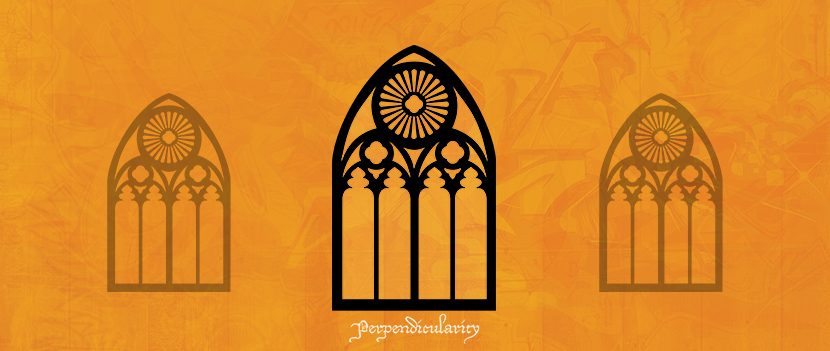04.13.15 | Perpendicularity
Supernatural
Pastor Joe Testa preaches about the Holy Spirit’s charge in unfolding the establishment of the first church.
Acts 1:17-2:47
- Live Notes
The book of Acts is a detailed historical account of the unfolding of the early church.
In the first book, O Theophilus, I have dealt with all that Jesus began to do and teach, until the day when he was taken up, after he had given commands through the Holy Spirit to the apostles whom he had chosen. He presented himself alive to them after his suffering by many proofs, appearing to them during forty days and speaking about the kingdom of God. (Acts 1:1-3)
“The Acts of the Sovereign God through the Lord Messiah Jesus by His Spirit on Behalf of the Way.”
– Darrell Bock, Dallas Theological Seminary
And while staying with them he ordered them not to depart from Jerusalem, but to wait for the promise of the Father, which, he said, “you heard from me; for John baptized with water, but you will be baptized with the Holy Spirit not many days from now.” (Acts 1:4-5)
Then they returned to Jerusalem from the mount called Olivet, which is near Jerusalem, a Sabbath day’s journey away. And when they had entered, they went up to the upper room, where they were staying, Peter and John and James and Andrew, Philip and Thomas, Bartholomew and Matthew, James the son of Alphaeus and Simon the Zealot and Judas the son of James. All these with one accord were devoting themselves to prayer, together with the women and Mary the mother of Jesus, and his brothers. (Acts 1:12-14)
So one of the men who have accompanied us during all the time that the Lord Jesus went in and out among us, beginning from the baptism of John until the day when he was taken up from us—one of these men must become with us a witness to his resurrection.” (Acts 1:21-22)
When the day of Pentecost arrived, they were all together in one place. (Acts 2:1)
God fulfills His promise and brings the Holy Spirit onto the people on the day of Pentecost, in Jerusalem.
And suddenly there came from heaven a sound like a mighty rushing wind, and it filled the entire house where they were sitting. And divided tongues as of fire appeared to them and rested on each one of them. And they were all filled with the Holy Spirit and began to speak in other tongues as the Spirit gave them utterance. Now there were dwelling in Jerusalem Jews, devout men from every nation under heaven. And at this sound the multitude came together, and they were bewildered, because each one was hearing them speak in his own language. And they were amazed and astonished, saying, “Are not all these who are speaking Galileans? And how is it that we hear, each of us in his own native language? (Acts 2:2-8)
we hear them telling in our own tongues the mighty works of God.” (Acts 2:11)
Peter preaches about Jesus Christ and His Gospel.
This Jesus God raised up, and of that we all are witnesses. Being therefore exalted at the right hand of God, and having received from the Father the promise of the Holy Spirit, he has poured out this that you yourselves are seeing and hearing. (Acts 2:32-33)
Let all the house of Israel therefore know for certain that God has made him both Lord and Christ, this Jesus whom you crucified.” (Acts 2:36)
Now when they heard this they were cut to the heart, and said to Peter and the rest of the apostles, “Brothers, what shall we do?” (Acts 2:37)
And Peter said to them, “Repent and be baptized every one of you in the name of Jesus Christ for the forgiveness of your sins, and you will receive the gift of the Holy Spirit. (Acts 2:38)
The connection of baptism with the forgiveness of sins in v. 38 has often been a matter of controversy. A literal rendering of the verse runs: “Repent, and let each of you be baptized in the name of Jesus Christ for/on the basis of the forgiveness of your sins.” The disputed word is the preposition eis, which could indicate purpose and thus be taken to mean that baptism is the prerequisite for the forgiveness of sins. There is ample evidence in the New Testament, however, that eis can also mean on the ground of, on the basis of, which would indicate the opposite relationship—that the forgiveness of sins is the basis, the grounds for being baptized. Perhaps more significant, however, is that the usual connection of the forgiveness of sins in Luke-Acts is with repentance and not with baptism at all (cf. Luke 24:47; Acts 3:19; 5:31). In fact, in no other passage of Acts is baptism presented as bringing about the forgiveness of sins. If not linked with repentance, forgiveness is connected with faith (cf. 10:43; 13:38f.; 26:18). The dominant idea in 2:38 thus seems to be repentance, with the other elements following. Repentance leads to baptism, the forgiveness of sins, and the gift of the Spirit. The essential response Peter called from the Jewish crowd is the complete turnabout that comprises true repentance, to turn away from their rejection of the Messiah and to call upon his name, receive baptism into his community, and share the gift of the Spirit they had just witnessed so powerfully at work in the Christians at Pentecost.
– John Polhill, New American Commentary: Acts
The Holy Spirit’s power lead the charge in establishing the first church.
So those who received his word were baptized, and there were added that day about three thousand souls. (Acts 2:41)
And they devoted themselves to the apostles’ teaching and the fellowship, to the breaking of bread and the prayers. (Acts 2:42)
The same power exists today, through Jesus Christ’s Gospel, and works within all believers of Christ.
- More From This Series



























